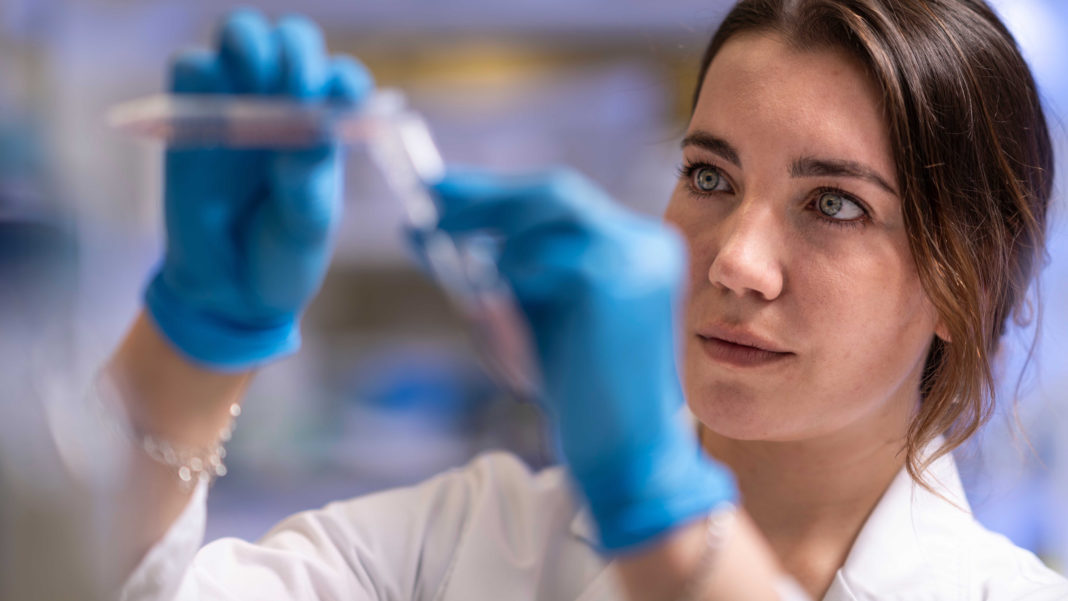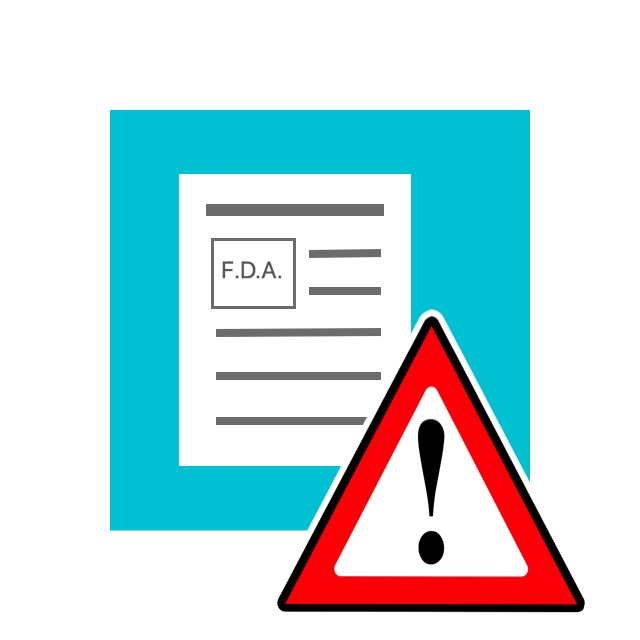
“We have discovered neuritin prevents excessive formation of IgE that is typically associated with some common forms of allergy and food intolerances,” says Prof Vinuesa. Many autoimmune diseases are caused or exacerbated by antibodies that go on to ...
READ ARTICLE HIDE ARTICLE
ANU RESEARCHERS have discovered a protein in the immune system that naturally guards against autoimmune disease and allergies, a discovery that could hold the key to treating allergic conditions like asthma and anaphylaxis.
“We found this absolutely fascinating mechanism of our own bodies that stops the production of rogue antibodies that can cause either autoimmunity or allergies,” says senior author of the study, Professor Carola Vinuesa.
The process, Prof Vinuesa says, is driven by a protein in the body called neuritin which was found to prevent the production of pathogenic antibodies.
“It’s been known for years that neuritin has a role in the brain and in the nervous system but we found an abundance of neuritin in the immune system and its mechanism – which has never been described in biology,” she says.
“We have shown it is one of our immune system’s own mechanisms to prevent autoimmunity and allergy and now we have the evidence, we can go on to harness that for treatment.”
Researchers first set out more than five years ago to bridge a knowledge gap on how the immune system works based on an “educated guess” that neuritin might have a regulatory function in stopping allergies and autoimmune disease.
For people with allergies, when the immune system overreacts to allergens like pollen, dust or peanut butter it produces antibodies called Immunoglobulin E, (IgE).
Allergies happen when the body produces excessive IgE in response to otherwise harmless substances, leading to the release of histamine that causes allergic reactions.
“We have discovered neuritin prevents excessive formation of IgE that is typically associated with some common forms of allergy and food intolerances,” says Prof Vinuesa.
Many autoimmune diseases are caused or exacerbated by antibodies that go on to destroy our own tissues and cause autoimmune diseases like lupus and rheumatoid arthritis.
“There are over 80 autoimmune diseases, in many of them we find antibodies that bind to our own tissues and attack us instead of targeting pathogens – viruses and bacteria,” says first author, researcher Dr Paula Gonzalez Figueroa.
“We found neuritin suppresses formation of rogue plasma cells which are the cells that produce harmful antibodies.”
The researchers hope the discovery will now form the basis of new treatments.
“This could be more than a new drug – it could be a completely new approach to treat allergies and autoimmune diseases,” says Prof Vinuesa.
“If this approach was successful, we would not need to deplete important immune cells nor dampen the entire immune system; instead, we would only need to use the proteins our own body uses to ensure immune tolerance.
“Allergies and autoimmune diseases are both on the rise and we hope this will give us a new way to tackle them.”
Learn More from citynews.com.au





